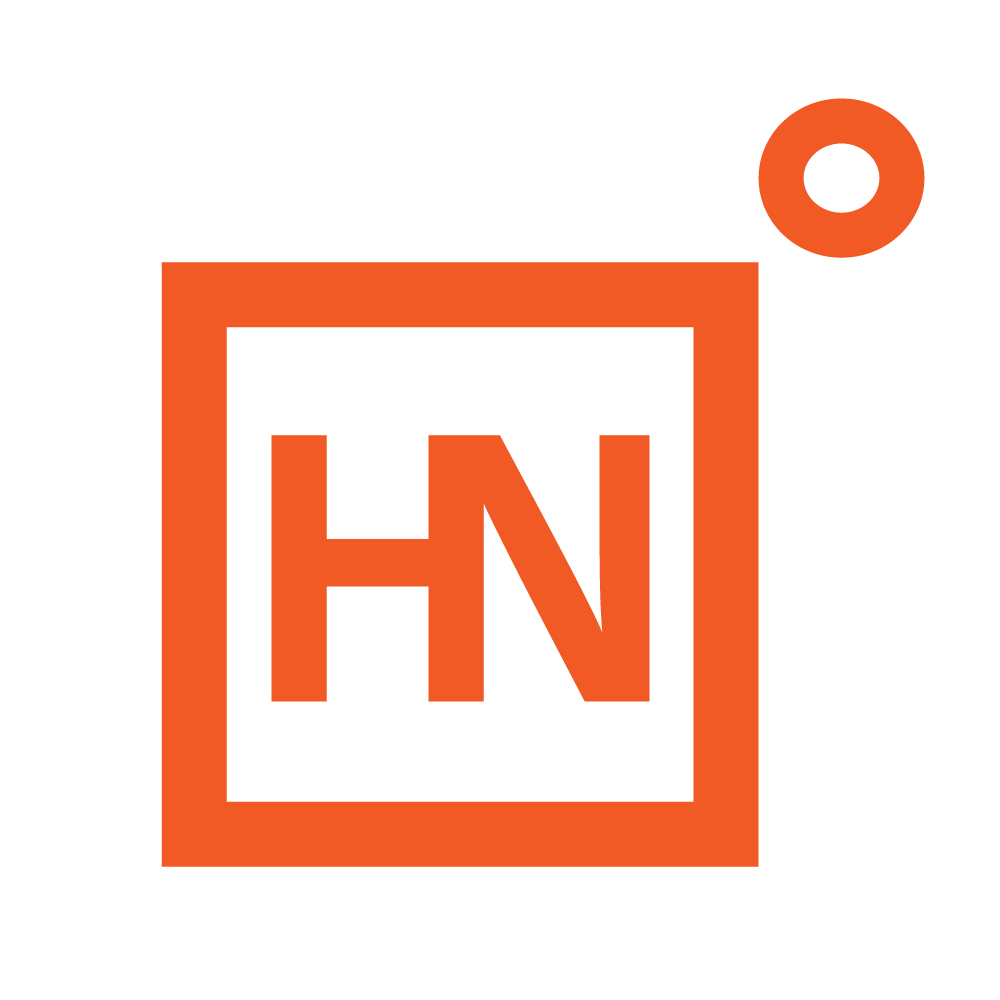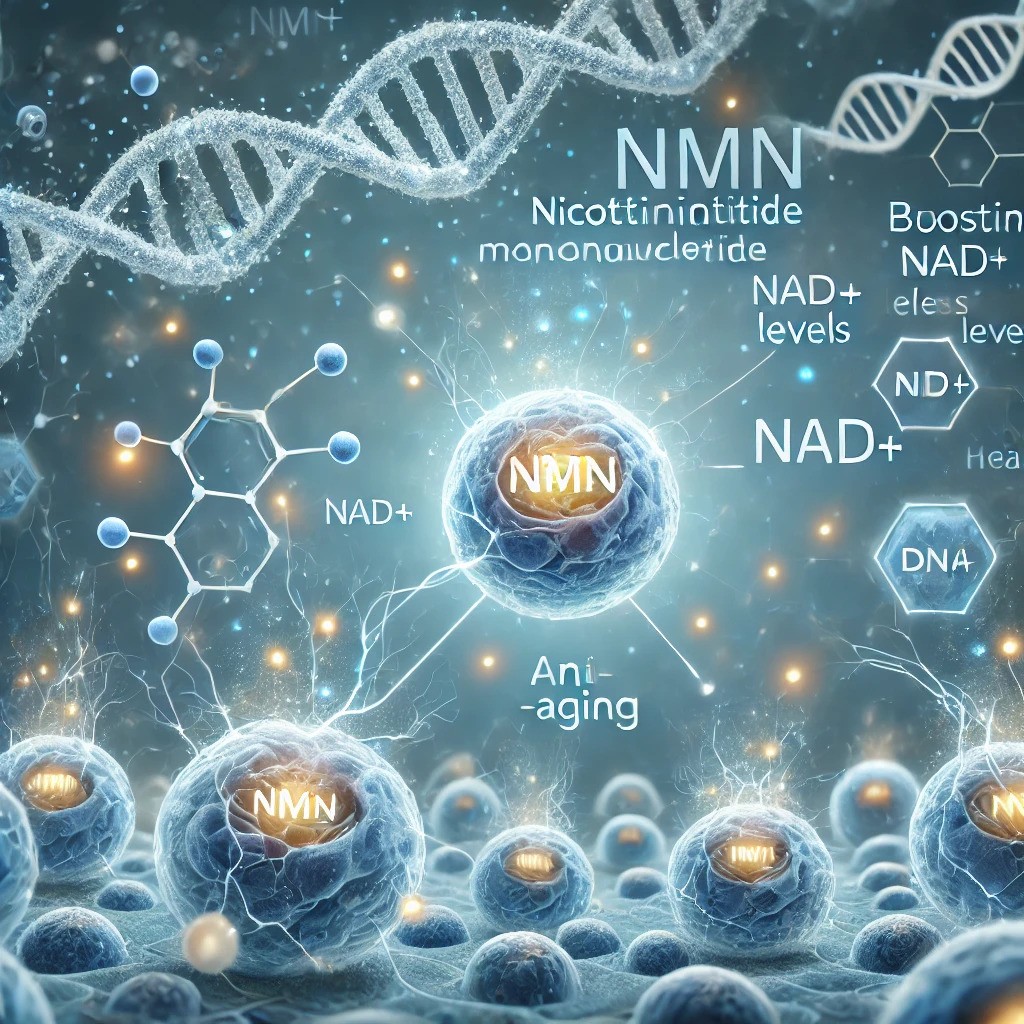Unlocking Your Cells: What is NMN and How Does It Support Cellular Health?
We all strive for vitality, sustained energy, and healthy aging. We intuitively know that how we feel on the outside often reflects what’s happening deep within our bodies – right down to the cellular level. In recent years, conversations around longevity and wellness have increasingly mentioned a molecule called NMN. But what exactly is it, and why is it generating so much interest for its potential role in supporting the very foundation of our health: our cells?
This post dives into the science behind NMN (Nicotinamide Mononucleotide) and explores how it connects to the crucial processes that keep our cells thriving.
Why Does Cellular Health Matter?
Before we explore NMN, let’s briefly touch upon cellular health. Imagine your body as a bustling city. Your cells are the individual buildings, power plants, and workers keeping everything running smoothly. Healthy cells communicate effectively, generate energy efficiently (primarily through tiny organelles called mitochondria), repair damage, and replicate correctly. When cellular health declines, these processes falter, potentially impacting everything from our energy levels and metabolic function to how we age.
Introducing NAD+: The Essential Coenzyme
The story of NMN is inseparable from another vital molecule: NAD+, or Nicotinamide Adenine Dinucleotide. Think of NAD+ as a crucial currency or resource needed for countless operations within our cellular city. It’s a coenzyme – a helper molecule – essential for hundreds of metabolic reactions. Without sufficient NAD+, many fundamental biological processes simply cannot function optimally.
What Does NAD+ Do in the Body?
NAD+ plays a central role in several critical areas:
- Energy Production: NAD+ is indispensable for converting the food we eat into cellular energy (ATP) within the mitochondria. It acts like a shuttle, transferring electrons during metabolic reactions, a process fundamental to powering literally everything our body does.
- DNA Repair: Our DNA constantly faces damage from internal and external factors. NAD+ is required by enzymes called PARPs (Poly(ADP-ribose) polymerases) which are crucial for identifying and repairing DNA breaks, helping to maintain genomic stability.
- Sirtuin Activation: NAD+ is essential fuel for a class of proteins called sirtuins. Often dubbed “longevity genes,” sirtuins play roles in regulating inflammation, metabolic efficiency, stress resistance, and cellular aging pathways. They need NAD+ to perform their protective functions.
- Cellular Communication: NAD+ is involved in signalling pathways that allow cells to communicate and respond to their environment effectively.
The Age-Related Decline of NAD+
Unfortunately, research indicates that our natural levels of NAD+ tend to decline significantly as we age. This decline isn’t just a number; it’s linked to many of the hallmarks of aging, including reduced mitochondrial function, less efficient DNA repair, and decreased sirtuin activity. Factors beyond chronological age, such as lifestyle stressors, poor diet, and chronic inflammation, can also deplete NAD+ levels.
So, What Exactly is NMN?
This is where NMN enters the picture. NMN (Nicotinamide Mononucleotide) is a direct precursor molecule to NAD+. This means that within our cells, NMN is converted into NAD+ through a specific biochemical pathway.
Our bodies naturally produce NMN, and it’s also found in tiny amounts in some foods we eat, such as broccoli, cabbage, avocado, edamame, and cucumber. However, the quantities obtained through diet alone are generally considered insufficient to significantly counteract the age-related decline in NAD+ levels.
How NMN Supports Cellular Health by Boosting NAD+
The primary reason NMN has gained attention is its potential to effectively raise NAD+ levels within the body. By providing the raw material needed for NAD+ synthesis, NMN supplementation aims to replenish declining stores of this vital coenzyme.
By boosting NAD+, NMN may therefore support cellular health through several mechanisms:
- Enhanced Mitochondrial Function: Supporting NAD+ levels can help maintain the efficiency of our cellular power plants, potentially leading to improved energy production and utilisation.
- Support for DNA Repair: By providing fuel for PARPs, adequate NAD+ levels can support the body’s natural ability to repair DNA damage, promoting cellular integrity.
- Sirtuin Activity: Increased NAD+ availability can help maintain the activity of sirtuins, supporting their roles in metabolic health, stress resilience, and pathways associated with longevity.
- Improved Cellular Resilience: Overall, by supporting energy production, repair, and protective pathways, boosting NAD+ via NMN may help cells function more optimally and resist stressors more effectively.
What Does the Research Suggest?
Scientific interest in NMN and NAD+ precursors is rapidly growing. Much of the initial research has been conducted in pre-clinical models (cell cultures and animal studies), showing promising results related to metabolism, energy, cardiovascular function, and age-related decline. Early-stage human trials are underway and are beginning to provide insights into NMN’s safety, bioavailability, and effects on NAD+ levels and related biomarkers in people. While more extensive human research is needed to fully confirm the long-term benefits, the existing evidence highlights NMN’s potential as a tool for supporting cellular health. It’s crucial, however, to interpret findings carefully and avoid overstating claims.
A Holistic View of Cellular Wellness
While NMN offers an exciting avenue for supporting cellular function, it’s important to remember it’s one piece of the puzzle. Optimising cellular health involves a holistic approach, including a balanced diet rich in nutrients, regular physical activity, adequate sleep, effective stress management, and avoiding toxins like excessive alcohol or smoking.
In Conclusion
NMN, Nicotinamide Mononucleotide, stands out as a direct precursor to the essential coenzyme NAD+. As NAD+ levels naturally decline with age, impacting cellular energy, repair, and signalling, strategies to support NAD+ have become a key focus in health and longevity research. By potentially boosting NAD+ levels, NMN offers a promising way to support fundamental cellular processes, contributing to cellular resilience, energy metabolism, and overall vitality. As research continues to unfold, NMN remains a fascinating molecule at the forefront of supporting health from the inside out – starting with our very cells.
Disclaimer: This blog post is for informational purposes only and does not constitute medical advice. Always consult with a qualified healthcare professional 1 before starting any new supplement or making changes to your health 2 routine.

